Midland: ‘My husband jokes and calls me the ‘gateway gay’’
After 15 years as one of the most respected DJs on the circuit, Harry Agius is releasing debut album ‘Fragments of Us’, a gorgeous and reverent paean to gay clubs past and present.
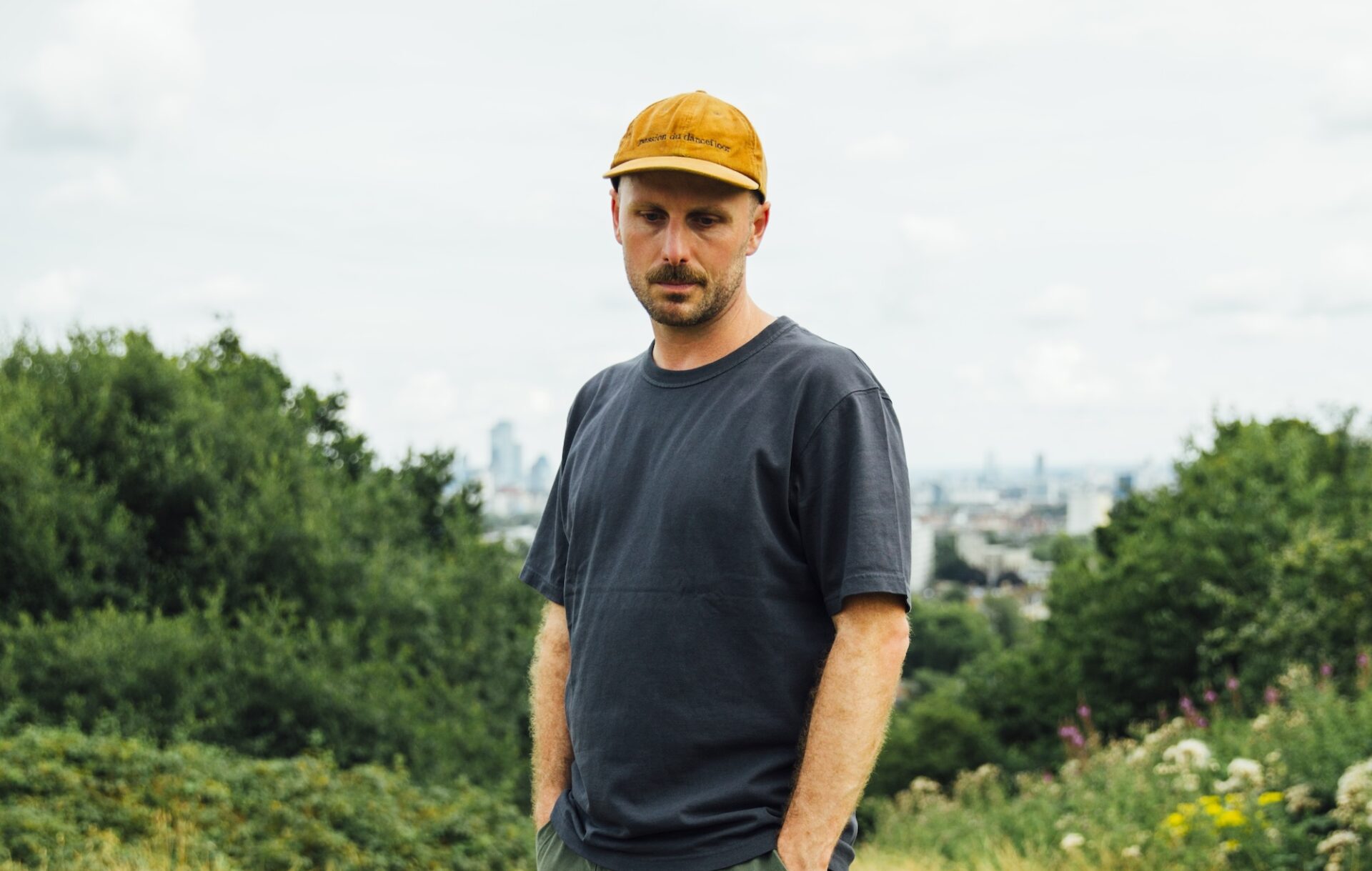
Friday night at this year’s Glastonbury served as a microcosm with which to understand the career and appeal of Midland. Just before midnight, tens of thousands at the Pyramid Stage and millions more worldwide heard the producer’s remix of ‘Pretty Please’ ring out during Dua Lipa’s headline set. A few hours later, the DJ and producer – real name Harry Agius – was across the other side of the farm delighting the heads with a closing set at the returning Genosys stage in Block9, spitting distance from the renowned NYC Downlow club where he is a regular both as a DJ and punter.
That night on Worthy Farm provided a clear and accurate encapsulation of the dual appeal of the producer and DJ. Starting out in the orbit of Pearson Sound, Ben UFO and other UK dance upstarts, Agius then took off with the release of ‘Final Credits’ in 2016, a song that ranked among the decade’s most beloved dance hits and catapulted him to bigger DJ bookings and being recruited for remixes by Lipa, Disclosure, The Chemical Brothers, St. Vincent and more.
Alongside this mainstream exposure, Agius was also connecting the dots between his job as a DJ and his life as a gay man, diving into the sounds, smells and vibes of gay clubs and building a space for himself in this one-of-a-kind community. Head to his Instagram account for his photography and you’ll find hugely evocative snaps of the Downlow and other queer clubs worldwide, showing him as being as much a chronicler and participant of these spaces as simply a DJ playing in them.
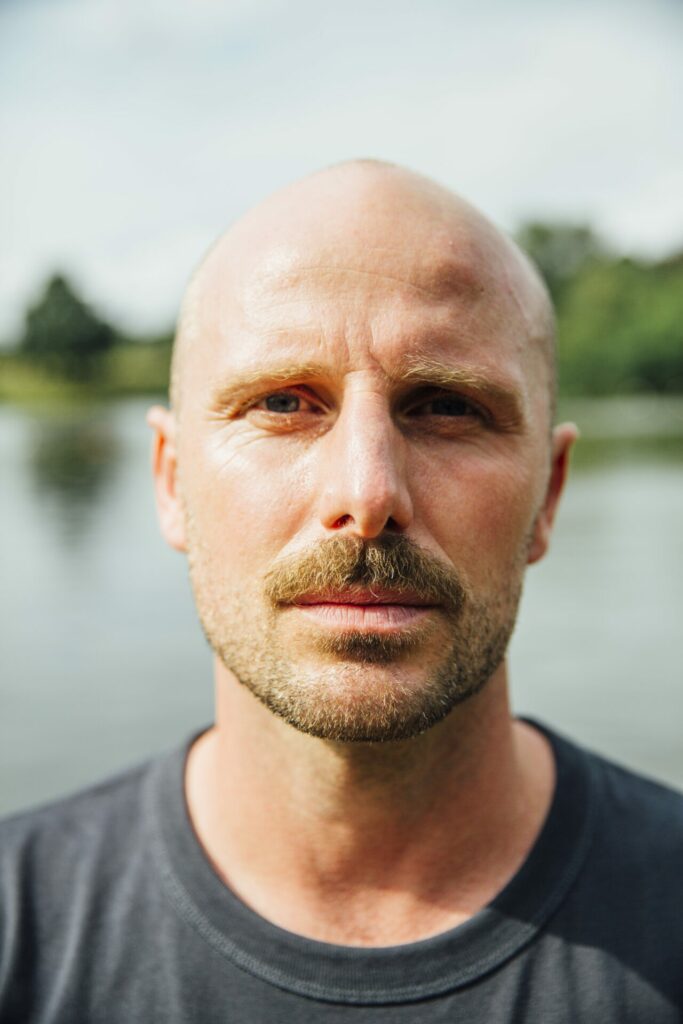
“I came through in the straight world of DJing, and then became very close to a part of this [queer] world,” Agius tells us from his south London home. In the latter, he explains, there is no friction over ideas around hierarchy that you would ordinarily find on other festival and club line-ups, with arguments about your set time or font size on promotional posters. “You just spend time in these places and get to know people. For me, it was about realising that I’m just a part of this bigger thing. My husband sometimes jokes and calls me the ‘gateway gay’,” he laughs.
“You’re often fulfilling this role where younger people who are questioning their sexuality see you out there. Visibility, in this sense, is so important, and as I’ve got older I’ve realised that being visible is not only good for my own wellbeing, but it helps other people understand these feelings they haven’t got words for. I’m at a certain level now where I’m attracting a certain amount of a crowd, but on the other side, I’m also just trying to contribute my part to this world which is very important to me.”
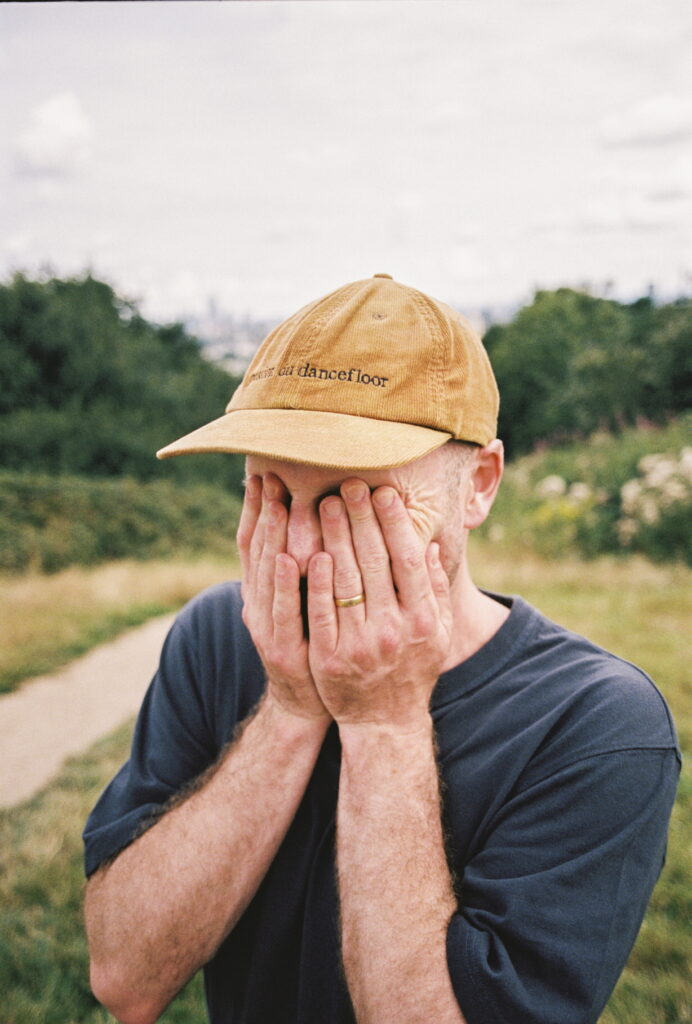
“As I’ve got older I’ve realised that being visible is not only good for my own wellbeing, but it helps other people understand these feelings they haven’t got words for.”
All this is laid out on Midland’s debut album, Fragments of Us, a record that is an ode to the club, but intended to be listened to on the bus home from it. On it, he evokes the specific and indescribable feelings of these spaces through music, but also uses the voices of queer icons to tell the tragic history of the community with bracing clarity.
Midland describes the album as existing in three parts. The first part, he says, represents a “silence and emptiness” that he grew up in, with the title of opening track ‘Omi Palone’ meaning ‘gay man’ in the lost queer slang of Polari that was spoken centuries ago in London. Its title track follows in homage to gay composer Patrick Cowley, before the song ‘In My Head’ circles around a spoken word historical account of Section 28, the clause brought in by Margaret Thatcher’s government from 1988 to 2000 that prohibited the “promotion of homosexuality” by local authorities in schools.
The mid-section of the album then concerns the “fragments” that are referenced in its title, “the things I held onto” according to Agius. It’s defined by ‘David’s Dream’, a stunning and devastating song based around a voice recording from the American painter and photographer David Wojnarowicz, who discusses with forthrightness his battle with AIDS, which he eventually died from in 1992, aged 37. It was the same age of the death of filmmaker Marlon Riggs – who appears on the track ‘Construct a Future’ – from the same disease, and the age Midland is when releasing Fragments of Us.
At the end of ‘Construct a Future’, Riggs’ speech serves as somewhat of a mission statement for the album and the wider aims of the community, as he says: “We must construct our own salvation in the future, in the now. We must construct that out of the fragments of our past as well as our present. That challenge is a loving act.”
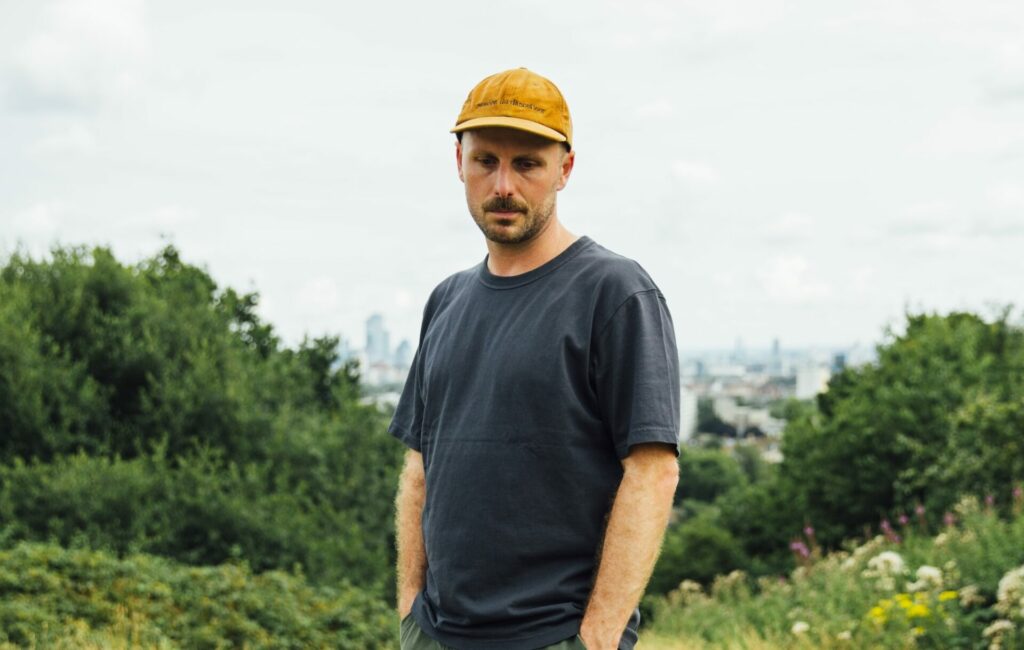
The third and final part of the album serves as an homage to the most important and valued queer spaces of the present day. Songs are named after the London techno night Chapter 10 and the NYC Downlow. “Those songs represent the spaces that helped me find those things and my space in them, but also to understand why I hadn’t ever found them before,” Agius says.
While neither ‘Chapter 10’ or ‘NYCDL’ sound like the music that you would hear from the speakers in either place, Midland was more interested in conjuring images and feelings from the experience of being in these spaces. “You know that moment when the sun comes up at the back, right?” he begins, getting misty-eyed over transcendent sunrise sets at Chapter 10 nights, held at Hackney Wick club Bloc. “It’s not the sort of music you would definitely hear there, but every song, to me, is a world, and it is very visual.” For ‘Chapter 10’, he creates a wonderfully evocative world through glistening synths and wobbling bass.
He sets the scene: “Everyone’s pretty tired, the sun’s coming up, heads down. It’s got the feeling of a free party or something. It’s a very magic and sacred part of the night.” Peeking out from behind the track are snippets of conversations from the green room at the venue, adding to the immersive feel of the song.
When discussing ‘NYCDL’ and the Glastonbury pop-up club that has earned its reputation as one of the best queer parties on the planet for four days a year, Midland is equally effusive. “I wanted the track to represent that feeling when you walk into the Downlow,” he says. “It’s thick and dark, it’s fat and it’s warm and it’s kind of overwhelming. There’s this electricity in the air. I didn’t want the track to sound exactly like the music that would be playing in there, but for it to make you feel like you were walking in.” Again, the feeling is amplified through voice recordings from the smoking area of the nearby Maceo’s bar, where revellers often go to let off steam after a hedonistic night in the sweatbox. It also opens with a monologue from Luke Howard of Downlow staples Horse Meat Disco, who outlines the venue’s history and pioneering status in establishing a queer utopia at the world’s biggest festival.
Fragments of Us is packed full of these sensory delights, with Midland creating a paean to the spaces of his past and present, as well as those from before he was born, but via music that doesn’t simply seek to replicate its sound. “The album is a homage to the club, but it’s not a club record,” he says. “I wanted it to be an album that you sink into from beginning to end, and that you could listen to when you come home from the club rather than inside the club.”
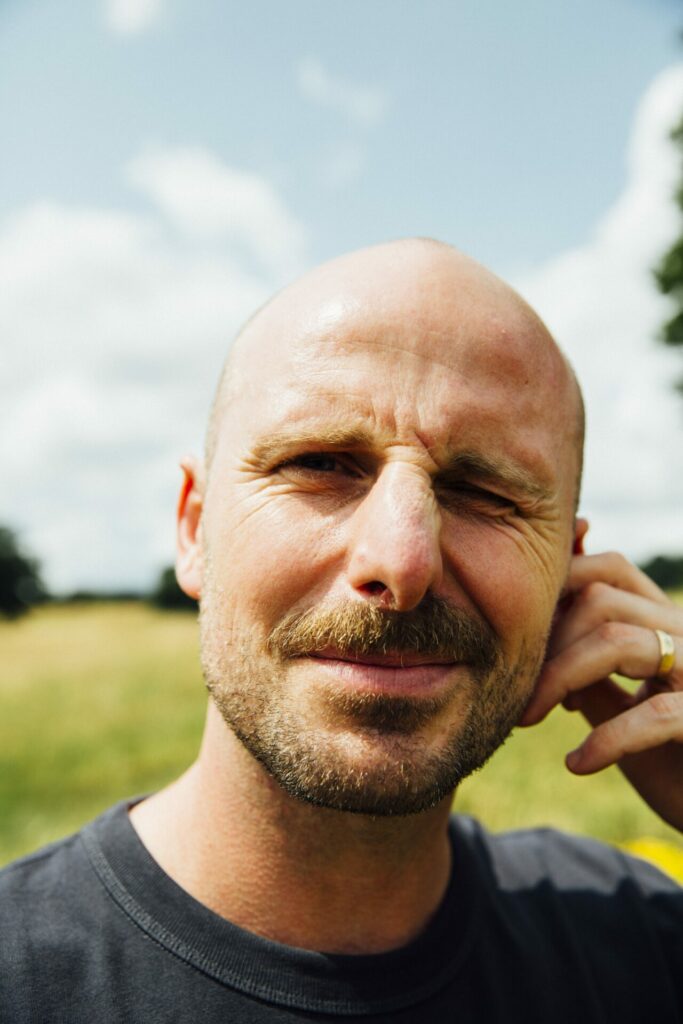
“The album is a homage to the club, but it’s not a club record.”
When Midland isn’t making an album about the delights of the club, he’s behind the decks making these exact sorts of memories for others. As well as being a regular at the Downlow, Houghton and other staples of the electronic festival calendar, he hosts an annual all-day party at London’s Islington Assembly Hall, which see him play expansive and varied 10-hour sets and enhance his reputation as a thoughtful and excellent selector, with the perfect track for any moment always in his bag. “There’s never been a better time [for me] to put out a record that’s very sonically varied, because people are very open with that now when it comes to me,” he says. “It’s taken a long time to get to that place where people are just happy to go along for the ride.”
Despite this, the long shadow of ‘Final Credits’ still persists and, to Agius, represents the kind of double-edged sword that many artists’ breakout hits end up becoming. “Sometimes I still have people chanting “play ‘Final Credits’!” at the end of the set,” he says, “and occasionally it gets on my nerves because I put in a lot of effort to how I play and how I structure the set, especially the endings. I always really try to bring it to a very special and tender place, so at the end to shout that at me feels a bit disrespectful. But it’s also a track that people love and still want to hear seven years later.”
This summer, while finishing his debut album and playing to some of his biggest crowds ever, Agius started dropping Midland productions into his DJ sets again after a period of deliberately excluding them. “I’m looking back on a period of my life where perhaps I wasn’t happy and comfortable in myself with a newfound peace,” he says, with his best friend and husband gently nudging him towards reassessing his history and playing his own music out after a show in Ibiza this summer. “It makes you engage with your art in a different way,” Agius says, “and I think it’s very important to realise that you carry all these versions of yourself with you. They all are part of who you are. You are only going to progress if you make peace and are kind to those versions.”
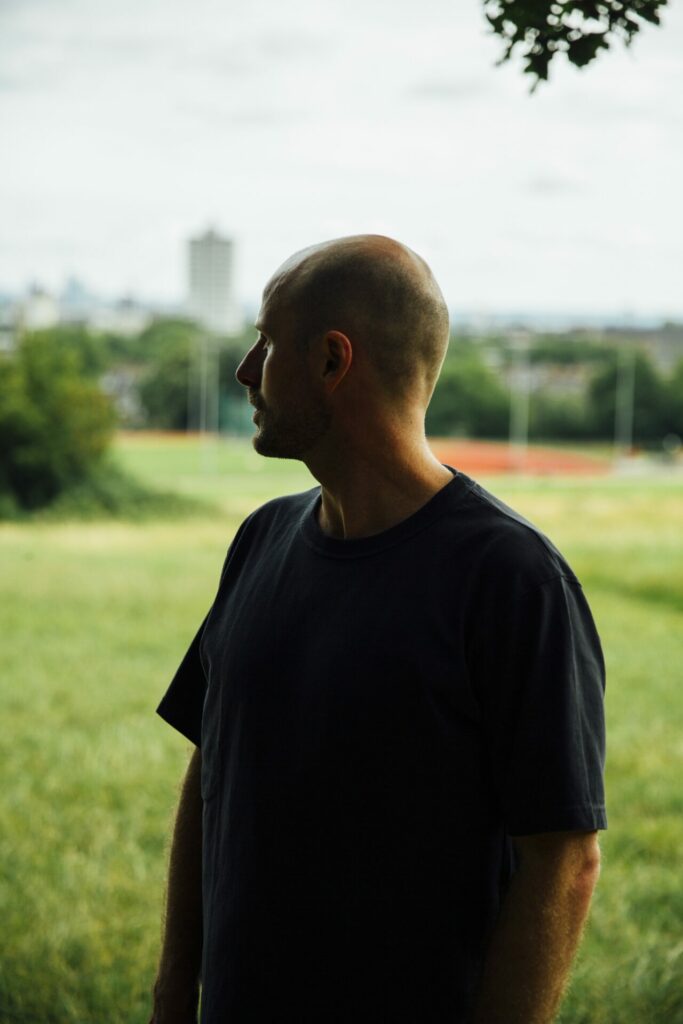
Agius attributes a great deal of this move towards serenity to lockdown, where he and husband Mike bought new speakers for their house and dropped the needle on Marvin Gaye, Al Green and Herbie Hancock records instead of the dance music he would constantly be occupied with when preparing for sets. Stepping off the hamster wheel allowed him to reassess his relationship with his craft and make a debut album that swerves big drops and easy wins and instead asks for a closer ear and deeper listening, rewarding this with a greater form of connection.
“In an industry which expects you to constantly feed the machine and be putting yourself in front of people, what happens when you make space and don’t fill it?” he asked himself, with a suitable metaphor unfolding outside his window at that very moment. “Over lockdown, there were all these parks and they didn’t mow the grass at all. All these plants which hadn’t grown for maybe 100 years started growing. They found all these rare seeds, and it felt like a metaphor for how I left some space, and then all things started to grow up that I hadn’t predicted.”
